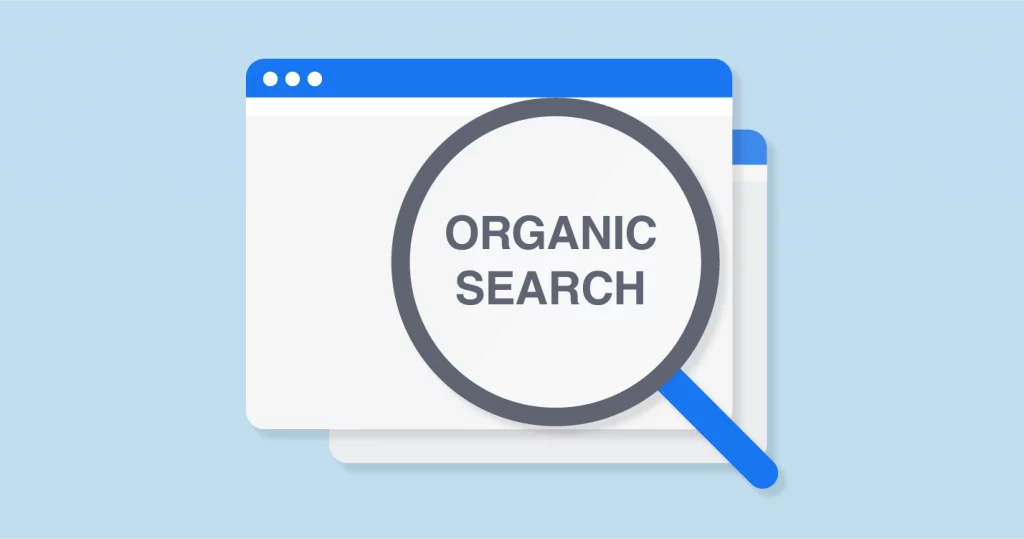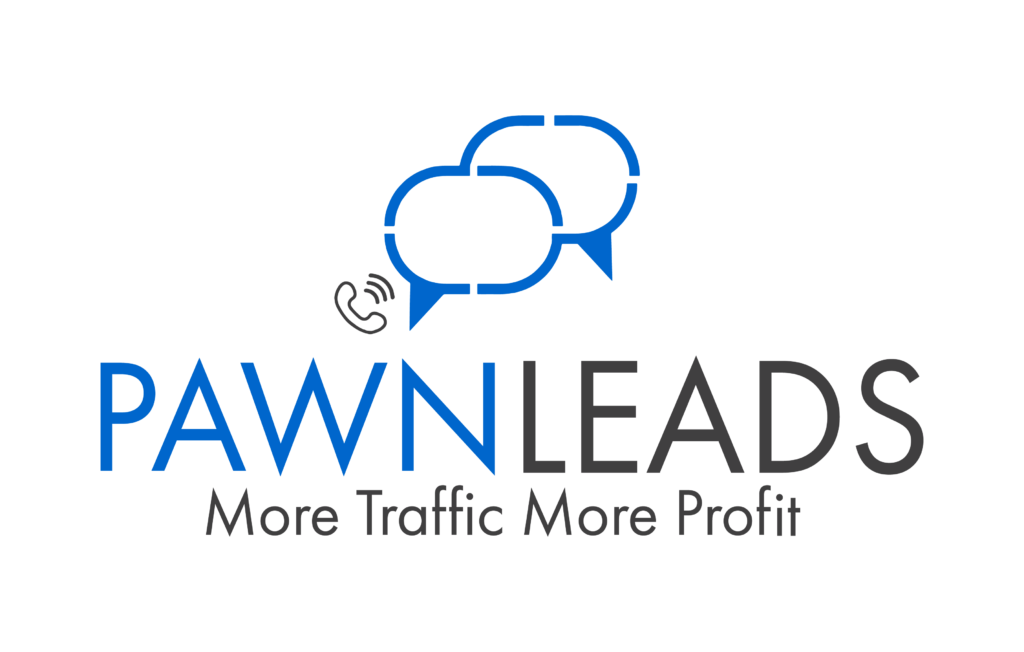How do search engines work?
Searching
Here I sit staring at the bright screen on my laptop, or maybe you have a computer, tablet, or mobile phone and do the same so you can relate. It doesn’t matter if it is late at night, first thing in the morning, or on my lunch break., I find myself searching the world wide web for information each day.
It seems I have a screaming need to know why a bird tweets, what holds clouds in the sky, are raindrops honestly drop shaped, or what the best CRM system is for my business. What are you searching for? Do you find particular search engines work better than others?
I type in the search query; that’s the search bar in the middle of the screen., “How many months does it take to get into shape?” I am just finding out information for no reason, just to pass the time. An entry into the search bar is a question, and when I ask the question, I get back both paid and organic results. The first few have an “ad” in front of them, and the others don’t. I wish I could click one of the sites and just be in shape, but that wasn’t an option in the search results.
I realize that the “Ad” stands for paid ads and the other results are organic search results, and the sites were all relevant websites.
Paid results are the ads at the top of the page, and they have an “Ad” in front of them. Organic search results are free listings in Google Search, and these got to the top of the page because the result is seen as relevant to my search terms.

Search Queries
Different search queries help search engines discover the answer to questions.
Navigational: When a search request is entered, I am looking for a specific website. These are known as “Go” search queries to “go” to a particular website.
Transactional: This happens when a search intends to purchase a specific thing or service or complete a transaction. An example would be if I were looking for an exact brand and product name like Gucci. Or maybe I would include that terms like to buy, order, or purchase.
Informational: This happens when I want to learn how to, what if, or any other information-driven request.
Based on my search question, I am looking for results from an information-driven request.
Paid Search Results
I got to thinking, are paid search results better or worse than organic search results, or is there a difference? When I see a search result with the word “Ad” in front of it, this means a company has paid to have its page show up at the front of the list. Each time a searcher clicks on their webpage, the company pays a fee.
This is done through the company using Google Ads search campaigns and other paid ad marketing companies. Does this mean the company is not ranking, so it just bought space?
What it means is the company determined that they needed to do more to get their website ranked higher. Hence, they decided to pay for ads put together with specific keywords to have more of a chance of being discovered because their ads are at the top of the ranking page. The search engines discover the keywords and determine their website as being relevant.
This reminds me of when I was in school or waiting in line to get into a concert; being at the front of the line or the top of the search results on a search results page is good.
According to Search Engine Journal, 25% of people click the first organic Google search result, which falls to 2.5% if the page ranks in the tenth position. Being on the top of the list, first in line, pays off for companies.
Businesses will pay Google Ads to help them rank in the first few search results. According to Search Engine Land, Google makes $100M per day from Google Ads, approximately 91% of Google’s revenue. Oh my!

Organic Search Results
Organic search results aren’t affected by a business paying for search results, and organic searches don’t rank businesses due to the quality of their service or product. These results are the algorithms that find high-value keywords and phrases to determine if the content quality is relevant to the searcher’s inquiry.
Some companies have spent a great deal of time and money to fine-tune their search engine optimization (SEO) so that their website, pages, and content all use and have discoverable pages due to the keywords being used.
This means there are methods used to help businesses obtain a high ranking on search engine result pages by using words or phrases used to search. If I ask about exercise, the keyword exercise needs to be used on the website to show search engines the website can answer my question.
When websites rank high, they are significantly more likely to be clicked on. The longer I spend on a website, the higher the chance I will either buy something or turn into a longer-term customer.
Images, videos, a blog post page, and frequently asked questions that all include keywords are all ranking factors and help with search engine results.
What kind of search engines are there?
Google: Google search engine is one of the most popular search engines and is a product Google has to offer. Google is always searching to evolve and improve its algorithm to provide the “answers” to the questions asked. By constantly reviewing and improving the search engine algorithm, Goggle can give the best results to the end-user.
Bing: Launched in 2009, Microsoft developed Bing as the answer to Google. Bing is the default Microsoft web browser, and as Google’s Competitor, Microsoft is always in the process of making it better. Bing provides a way to search for images and web and video search.
As a competitor to Bing, Net Market Share reports that Yahoo has a 7.68 percent market share. Yahoo takes the lead as a free email provider.
Baidu: Founded by Eric Xu in 2000, this is China’s most used search engine. It has seventy to eighty percent of China’s online search market share. Focused on delivering search engine results for websites, audio files, and images, it provides maps, news, and cloud storage.
AOL: Once a leader in the search engine market share, AOL now has .59 percent of the market. Starting back in 1983 as Control Video Corporation, it was renamed in 1991 to AOL. They have advertising, mail, and the APOL platform. As a part of branding, I smile when I recall, “You’ve got mail,” and it is seared in my memory and associated with thinking of AOL.
What is the best search engine fit? What is the best fit for each device and location I search from? Which search engine gives me the best results? The list above is not the only search engine; other search engines work. These search engines seem to be the most popular. The key for any search engine is to provide relevant results for my inquiry.

How do search engines provide relevant results?
An engine converts power into motion. Search engines are powerful moving crawlers called bots or spiders that move throughout the internet, discovering pages and new information on pages. The results pages have relevant results that answer the questions searchers have.
Search Engine Crawlers (Web Crawlers)
Search engine crawlers discover URLs and webpages and then categorize each one after reviewing them. Part of the process is to find hyperlinks to other web pages, and then those pages are added to the list for the crawlers to check. A crawler determines the importance of each webpage it reviews.
Each crawler has its unique identifier. Google crawlers examine and review the internet every three days to four weeks. An algorithm is a program that uses different factors to decide where a website ranks in relation to the other websites in the search.
Search engine crawlers are the first stage to finding out what pages exist on the world wide web.
Search Engine Spiders
A search engine spider is a type of bot that reviews and travels from website to website across the internet to determine its relevance. It travels by way of links. It is assumed that the more relevant a web page is because it is trustworthy and has authority, the more links it will have pointing to it.
Search engine spiders are similar to search engine crawlers, and a crawler is sometimes called a spider bot or spider. The names are symphonious, and browse the web for web indexing.
Search engines send out web crawlers and spiders to review website content quality.

Indexing (Search Indexes)
Indexing is the process of ordering. Crawlers will search the web and gather keywords, metadata, and other related information to determine what order to rank content. Websites indexed higher will have more navigable, findable, and relevant content.
The whole purpose of search engines is to answer the questions asked.
Depending on the relevant pages a website has, the more likely the placement in the search results will be higher.
Search Index is a record of all web pages on the world wide web, organizing them to allow association between keyword terms and page content quality.
I think of indexing as the index in a good research book. Instead of reading the whole book for a piece of information I am looking for to complement my research study, I can go to the index and locate the page where the data is contained.
Search engine indexed pages are similar. Indexing allows me to find content faster by looking for specific terms (keywords) or phrases. It would be nearly impossible to find the information I am searching for if I had to wade through nonindexed information.
The Google index is an extensive database where information is stored. Based on the user query, Google indexing helps determine how relevant content, text images, and video files are to answer a user query accurately. By using the exact words, the user used google algorithms to determine the search intent so it can determine if the indexed web pages gathered in the huge database have the relevant information to provide answers.
Finding the most relevant information takes the rhythm of crawling, indexing, and ranking a web page.

Page Speed
All the pages on a web page need to have good page speed, and nothing is more frustrating than watching “glue dry.” Slow page speed will directly affect the ranking of web pages, and page speed is a factor in understanding how search engines index pages.
The bounce rate is reduced when a web page loads quickly. I know I don’t want to wait around for images and relevant content to load if I am in a hurry. I am sure most people rely on the indexing process to make sure the top-ranking sites load quickly.
Google and other search engines have page speed algorithms that check for page speed, and slower loading pages will rank lower on search rankings.
Bounce Rate
Bounce rate is the number of users who only spend a small amount of time on one page and then leave it on a different website. They don’t have the time to wait on a page’s load speed.
Page speed or the time it takes to load is a huge factor that impacts the search experience. Bounce rate is also affected by ad-heavy pages, call-to-action-buttons, external links, and a confusing structure.
Another factor for search ranking is that the longer a user is on a web page looking around, the more relevant the web page is, according to search engine algorithms. The higher the web page will rank on the search engine results page.
Search Engine Results
Each search engine will provide different results. The algorithms used in each search engine provider determine how the search engine behaves. No search engine guarantees that I will get results on the ranking pages if I am a business owner.
I had been searching for ways to get into shape. Now I was thinking about how I might get my business page to rank. I had heard that site owners have to work at improving search engine optimization (SEO), using effective keywords,
What about the keywords and keyword phrases I have used? Maybe as one of the many website owners out there on the worldwide web, I had simply missed the boat on how to get better at discovered pages, understanding how search engines work, ranking web pages I thought would just rank on their own, and when to and not to add new pages.
I hadn’t considered SEO or blog post material, or site speed. I knew people could set their language, filter out not such excellent results like explicit materials, and how my search history would bring up similar search results. Still, I hadn’t thought about how I could work on my business website to improve search engine rankings, and if I am ranking low, how to help search engines find me. I could hope and dream I would just appear in a future customer’s past search history, but this probably wasn’t the best marketing solution.
I focused on marketing companies for pawn shops and small businesses as part of my late-night searches. In the top few search engines results, I clicked on Pawn Leads.

Pawn Leads
Pawn Leads is a full-service marketing solution that provides two-way texting, email campaigns, web chat replies, Google and Facebook Ads, and SEO. I noticed that the company offers a free 7-day trial. I wasn’t too interested in some of the products right now, but I was intrigued by the optimization of search engines.
I knew that my website didn’t have an effective crawling, indexing, and ranking rhythm mainly because I hadn’t given much thought to my search engine ranking and the ranking factors I could improve to ensure Google discovers my business.
I knew that search engines decide what is relevant content and what isn’t, and this is built on search engine algorithms, but I didn’t even know where to start to find keywords and keyword phrases that would perk the attention of the search engines. Frankly, I didn’t have the time either.
I talked with Jordan T. at Pawn Leads. He is Pawn Leads SEO Manager, and he was a delight to talk to. He shared with me about how to optimize website speed, how to have important pages like landing pages to drive users so their questions are answered and how to keep users on pages for a more extended period so that google and the other search engines see these important pages as trustworthy and relevant.
Jordan explained that part of the SEO service includes a blog post written weekly, bi-weekly, or more often to help with page relevance. He explained recently that one of the blogs written was the blog A Silver-Haired Blogger Answers How Do I Write Blog Posts? which might help me write my blogs. Oh no, I didn’t want to write a blog.
As part of the blogs, Jordan said images are labeled with “rich text” and keywords to help with the indexing process. He added he could help with links pointing to my pages and how not all backlinks are created equal. Jordan explained he could help with pages from my website that were previously in google’s index but are no longer showing up in the index again.
When I looked at the different information on the Pawn Leads site, I read about snippets and Google Ads on the same site. Impressed with the monthly feedback I can get to show that what I am doing is working was a win for me. I wanted to understand the details of my search engine results page and how I could improve my rankings as a website owner.




